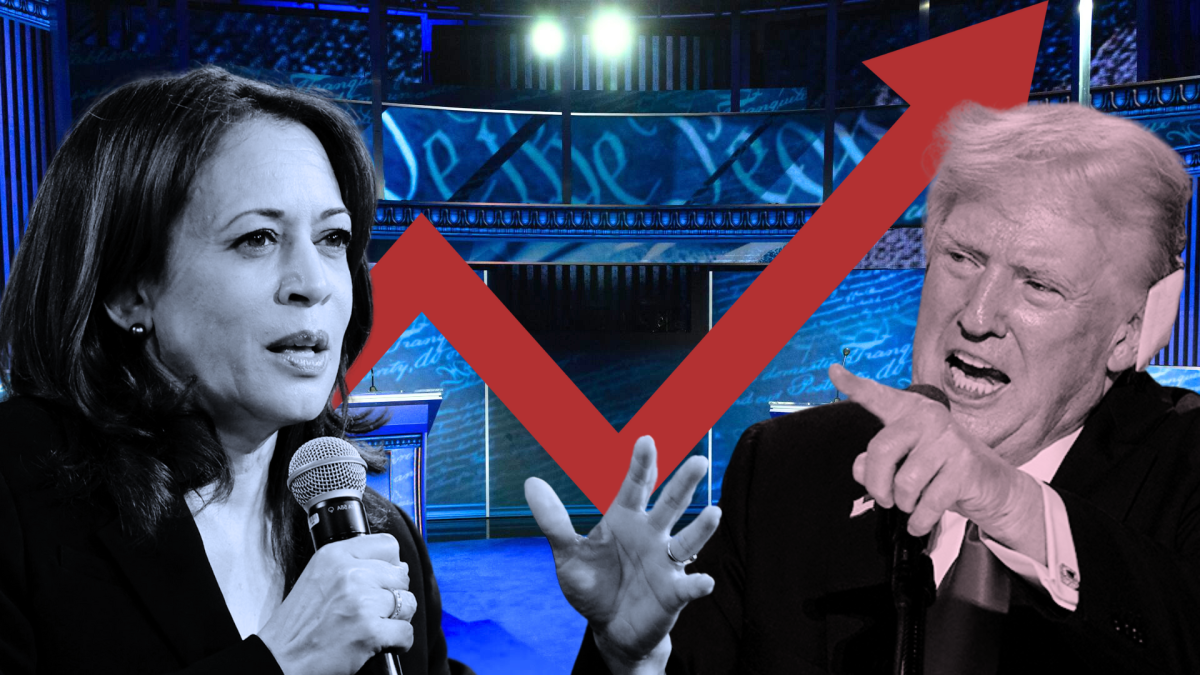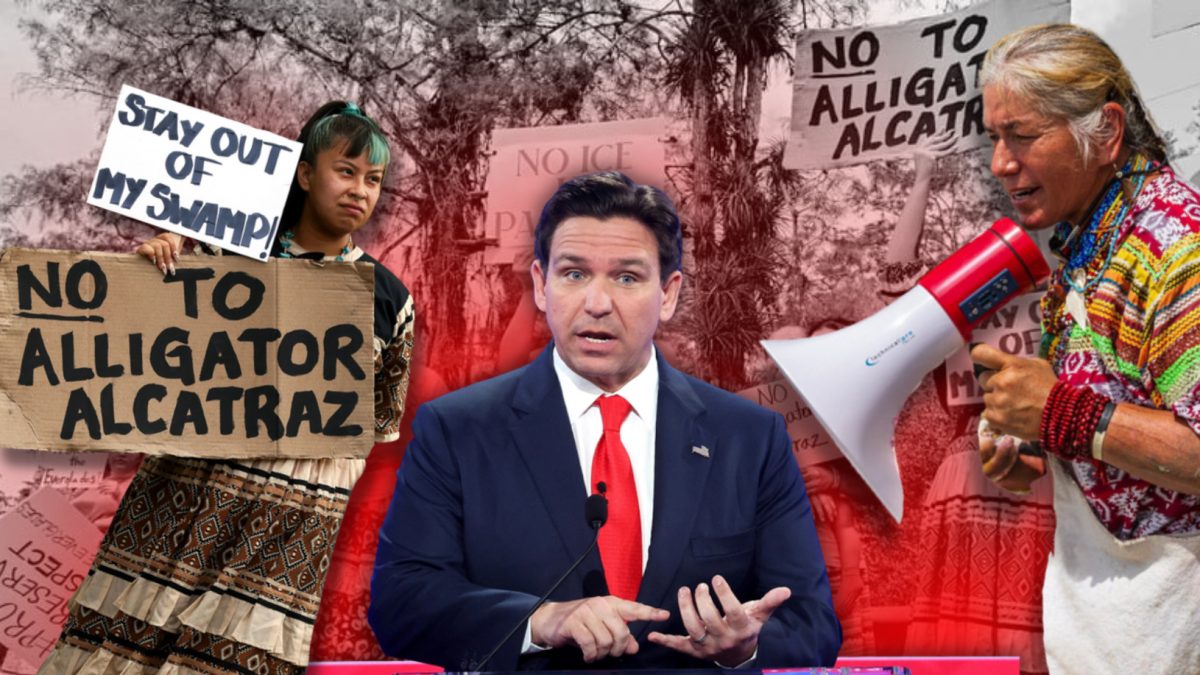The presidential election draws near, and both candidates have made many promises for what they plan to do with the economy if they are elected. The presidential nominees consist of Democratic candidate Kamala Harris, and Republican candidate Donald Trump. Both nominees have made many bold claims and promises on a variety of subjects, but sometimes their policies on the economy have become difficult to track due to the spread of misinformation about either’s policies.
Narrowing their potential policies down easily can help inform potential voters about who they should give their support, especially to some of our seniors who will be old enough to vote. But just because many students can’t vote, doesn’t mean they won’t be affected, so this kind of information should still be available so they can be informed and potentially inform any family they have that are able to vote in the upcoming election.
Kamala Harris has promised policies for making rent prices more affordable for the average American, and making home ownership more attainable. For students about to vote, and who will most likely be graduating soon and potentially moving out, the accessibility of housing for them may be important. She has also said that she will cut taxes for middle class families, which could potentially help students who are just about to graduate, since their finances won’t be straddled as much with high federal taxes.
On the other side of the spectrum is Donald Trump. One policy he’s promised is lowering taxes for workers and completely removing the tax on tips. This could potentially be very important for student voters, since there are some who work in the food and service industry and rely on tips for their pay. He has also promised to completely end inflation, which could improve the lives of younger people as they begin to become more independent in the world, since they will no longer have to deal with the increased prices in stores.
Although there may be some policies these candidates have that may not be the most useful or relevant towards the lives of students, there are still some that will affect them, and these new voters will have to use their responsibility of voting wisely to decide on how they want their lives to be affected.








